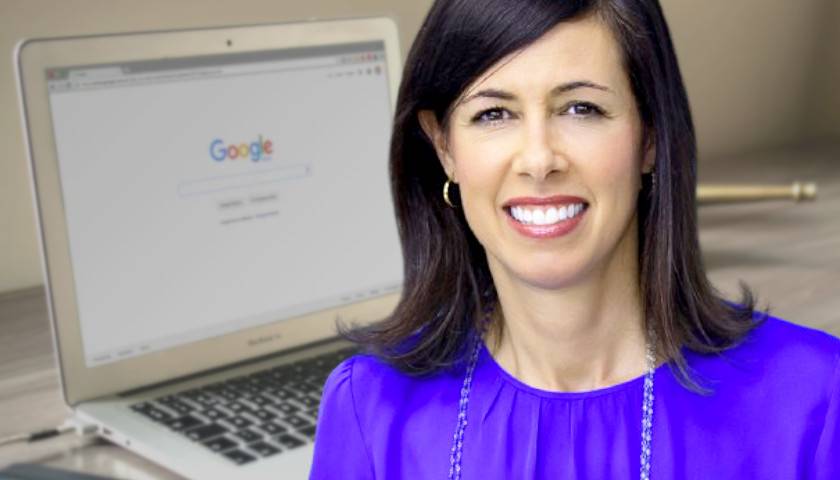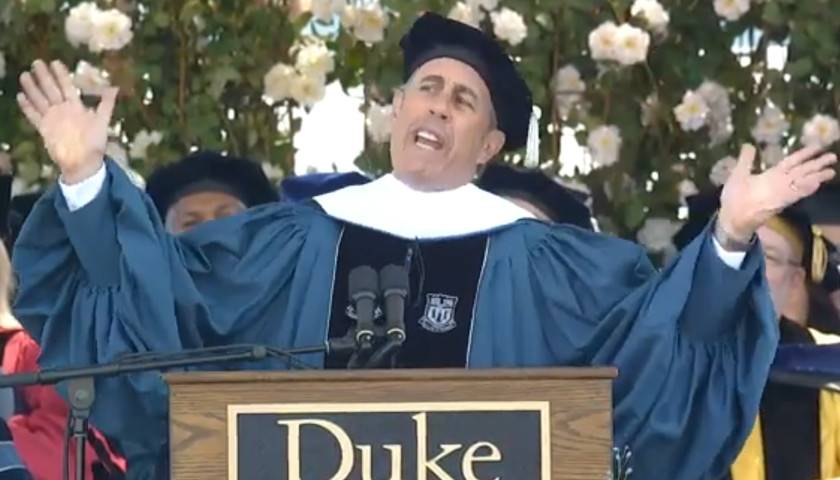by Lloyd Billingsley
The Federal Communications Commission has revived regulations for “net neutrality.” According to FCC chairwoman Jessica Rosenworcel (pictured above), “the action we take here is good for consumers, public safety, national security and network investment.” The people have room for doubt and the “neutrality” concept requires some explanation.
The internet developed in fine style long before any such regulation appeared, but in 2015, the FCC reclassified Internet Service Providers (ISPs) from “information services,” to “common carrier services.” The government treated an innovative new technology like a public utility monopoly, in effect turning back the clock to the Communications Act of 1934.
The Fight for Capitalist Internet
Net neutrality regulations required ISPs to provide content on the internet at equal speeds and for equal costs. Consumers opting to pay for faster speeds and other special services constitutes a violation of net neutrality. In 2017, under chairman Ajit Pai, the FCC repealed the rule.
“Following today’s vote, Americans will still be able to access the websites they want to visit. They will still be able to enjoy the services they want to enjoy,” Pai told reporters. “There will still be cops on the beat guarding a free and open internet. This is the way things were prior to 2015, and this is the way they will be once again.”
Meanwhile, Sen. Bernie Sanders and CNN told Americans, “this is the end of the internet as we know it.”As Pai predicted, it didn’t turn out that way.
“I think time has shown that our decision was the right one,” noted Pai when he left the commission in 2021. As for the apocalyptic predictions, “almost three years later, none of them have proven true.” Why that was the case was a mystery to CNBC:
It’s fair to say that net neutrality advocates’ worst fears have not yet materialized. Many parts of the internet are still free and sites aren’t slowed at the behest of deep-pocketed competitors. The reason none of this has yet happened, however, is not clear-cut.
Actually, it is.
Regulations Threaten Free Speech
On the internet “as we knew it” ISPs are free to develop innovative services and consumers are free to purchase the services they want. The FCC decision will scale back that free arrangement, imposing stifling regulations disguised as “neutrality.” As Americans know, when it comes to free speech and the internet, the government is not exactly neutral.
In testimony to Congress in 2018, Facebook CEO Mark Zuckerberg admitted that Facebook was cooperating with the investigation headed by former FBI director Robert Mueller, and that the work was “confidential.” Sen. Ted Cruz (R-Texas) asked Zuckerberg if Facebook was a “neutral forum,” open to diverse points of view, and the CEO seemed puzzled by the concept. Government had demanded that Facebook take down a page, Zuckerberg conceded, but the CEO did not indicate the content of the page, which government official had demanded its removal, or when the removal had taken place.
During the COVID pandemic, National Institutes of Health director Francis Collins teamed with National Institutes of Allergy and Infectious Diseases (NIAID) director Dr. Anthony Fauci to suppress the internet posts of medical scientists who had signed the Great Barrington Declaration. Harvard professor, Dr. Martin Kulldorff and Stanford professor Dr. Jay Bhattacharya, were put on Twitter’s trends blacklist, their scientifically-based policies smeared as “misinformation.”
That wasn’t a neutral action, and neither is the recent FCC decision, which will do nothing to promote public safety, national security, and network investment. This was a reactionary, partisan ruling that will scale back innovation and reduce the choices of the people.
– – –
Lloyd Billingsley is a policy fellow at the Independent Institute in Oakland, Calif.




